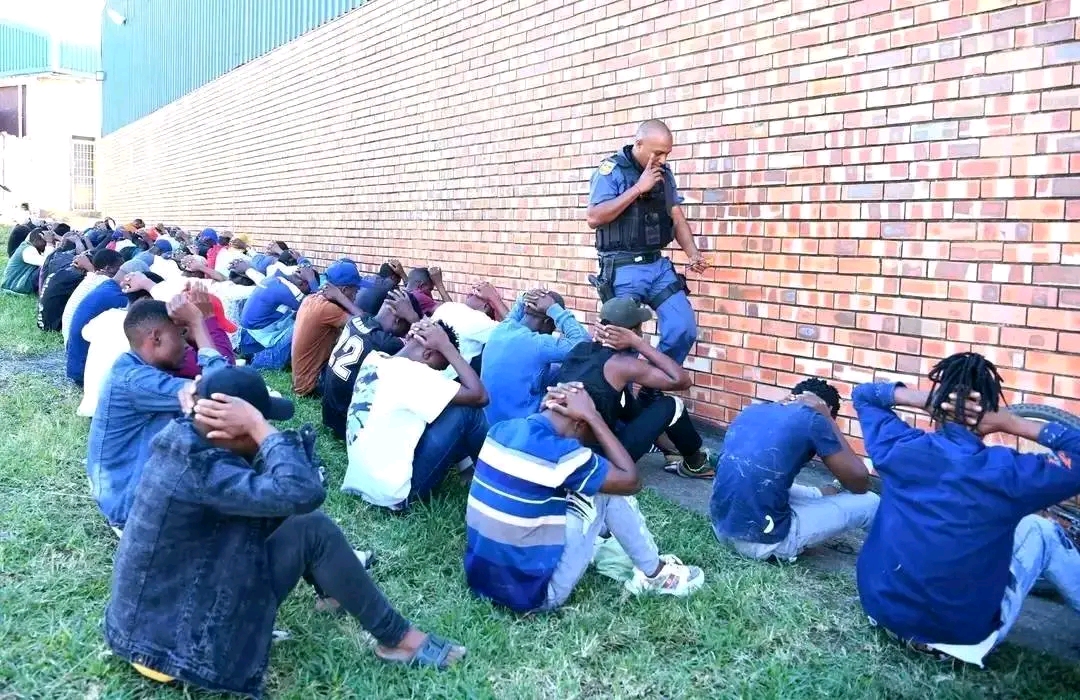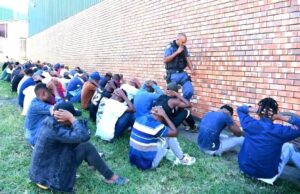
In a significant operation conducted in Durban, law enforcement authorities arrested more than 300 undocumented foreign nationals who were discovered working illegally in a local factory. The facility, situated in the Stanger area, was found to be employing foreign workers who had no legal documentation permitting them to be in the country or work in South Africa.
The raid was carried out by a coordinated task team comprising officials from the South African Police Service (SAPS), Department of Home Affairs, and the Department of Labour. Acting on a tip-off, the authorities swooped in on the factory during working hours, where they found hundreds of workers, most of whom were unable to provide valid identity documents or work permits.
Upon further investigation, it was confirmed that the factory is owned by a South African businessman of Indian descent. The owner was also taken into custody on multiple charges, including contravening immigration and labor laws. He is expected to face charges related to the illegal employment of foreign nationals, exploitation, and possibly tax evasion.
According to initial reports from the Department of Home Affairs, many of the individuals arrested originate from neighboring countries such as Zimbabwe, Malawi, Mozambique, and the Democratic Republic of the Congo. Most of them had entered the country illegally or had overstayed expired visas. Some reportedly claimed they had been recruited with promises of legal employment and fair wages, only to find themselves working under exploitative conditions.
Authorities believe this case may be part of a broader network of factories and businesses in the region that rely on undocumented labor. Investigations are ongoing, and officials have not ruled out the possibility of more arrests, including recruiters and intermediaries involved in trafficking undocumented workers into such operations.
The arrests have sparked widespread public reaction, with many South Africans expressing concern over illegal immigration and the exploitation of vulnerable workers. Government officials have reiterated their commitment to enforcing immigration laws and cracking down on employers who knowingly hire undocumented individuals.
“This operation is part of a larger initiative to root out illegal employment practices and ensure that all workers are treated fairly and according to the law,” said a spokesperson for the Department of Home Affairs. “Employers who break the law by hiring undocumented foreigners not only undermine the legal job market but also exploit people who often have no other options.”
Human rights organizations have also weighed in, urging the government to balance law enforcement with compassion. While they support efforts to combat illegal labor practices, they have called for humane treatment of the arrested individuals and thorough investigations into the working conditions they were subjected to.
The detained individuals are currently being processed by immigration officials and may face deportation depending on their legal status. Meanwhile, the factory has been temporarily shut down pending further legal proceedings.
This case serves as a stark reminder of the complexities surrounding immigration, labor rights, and economic inequality in South Africa.




